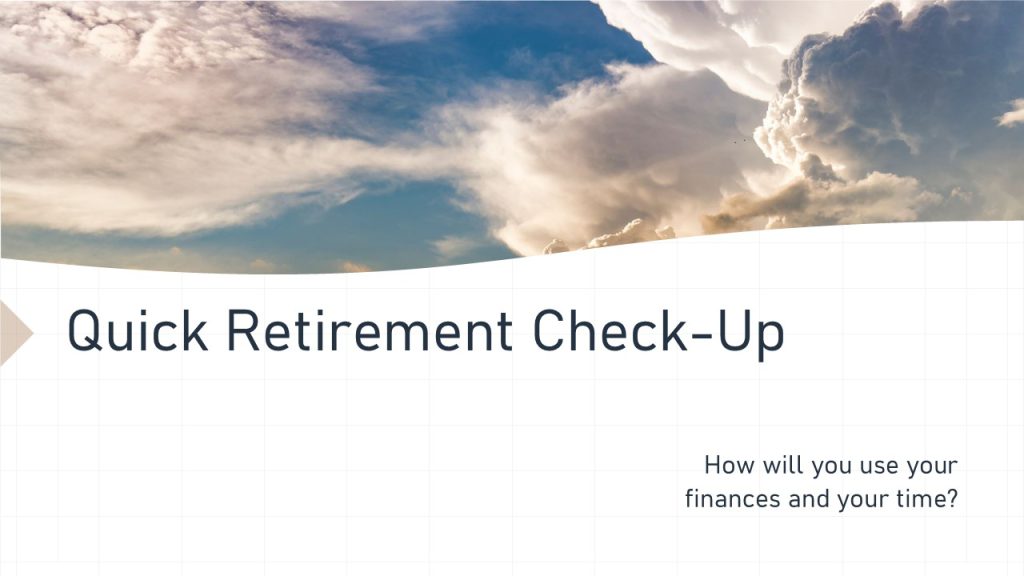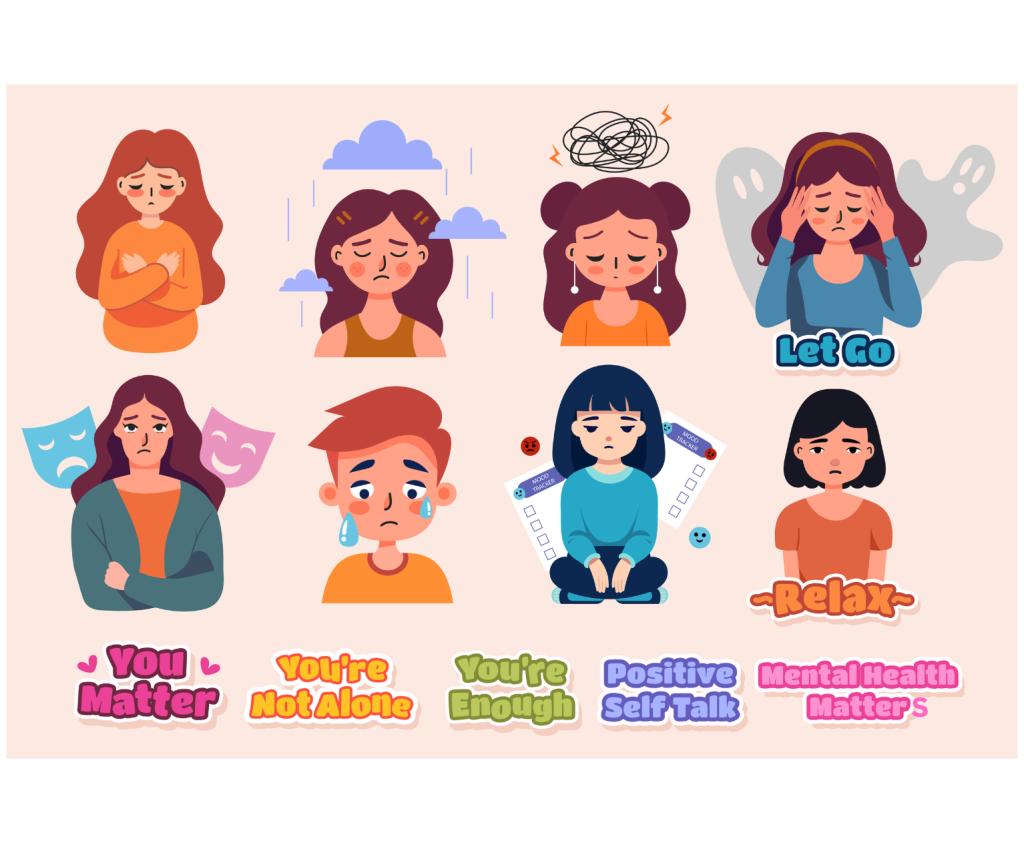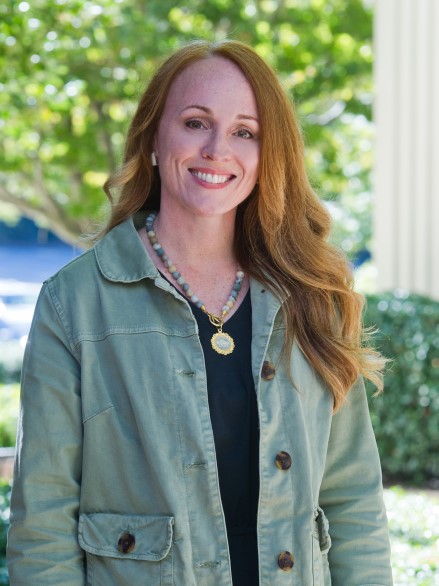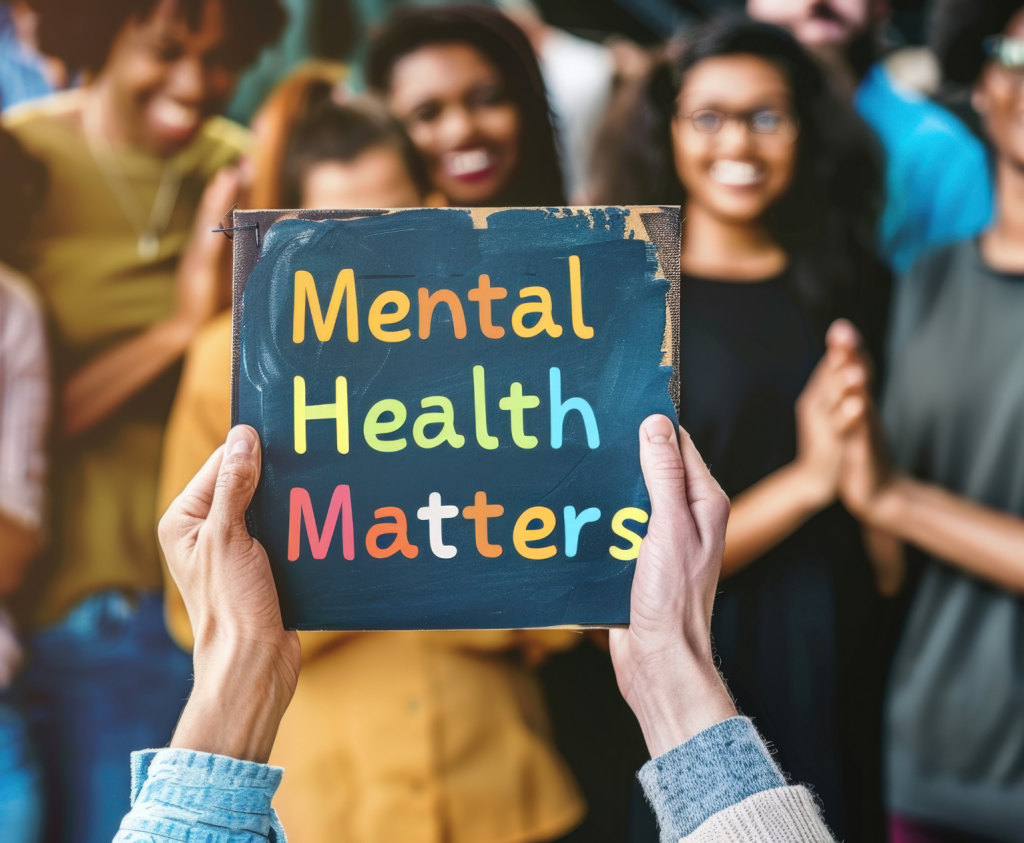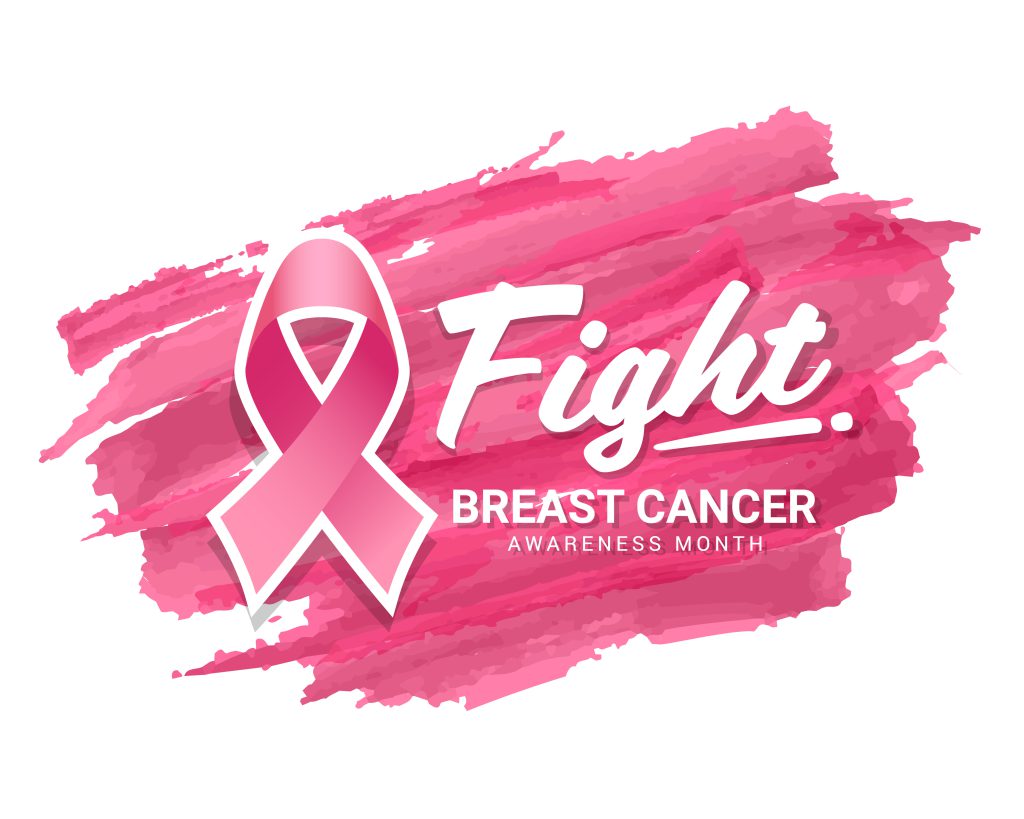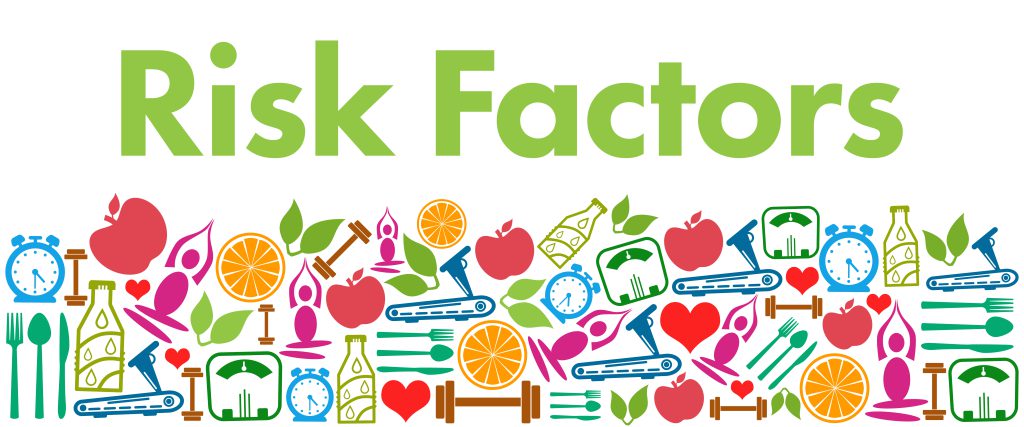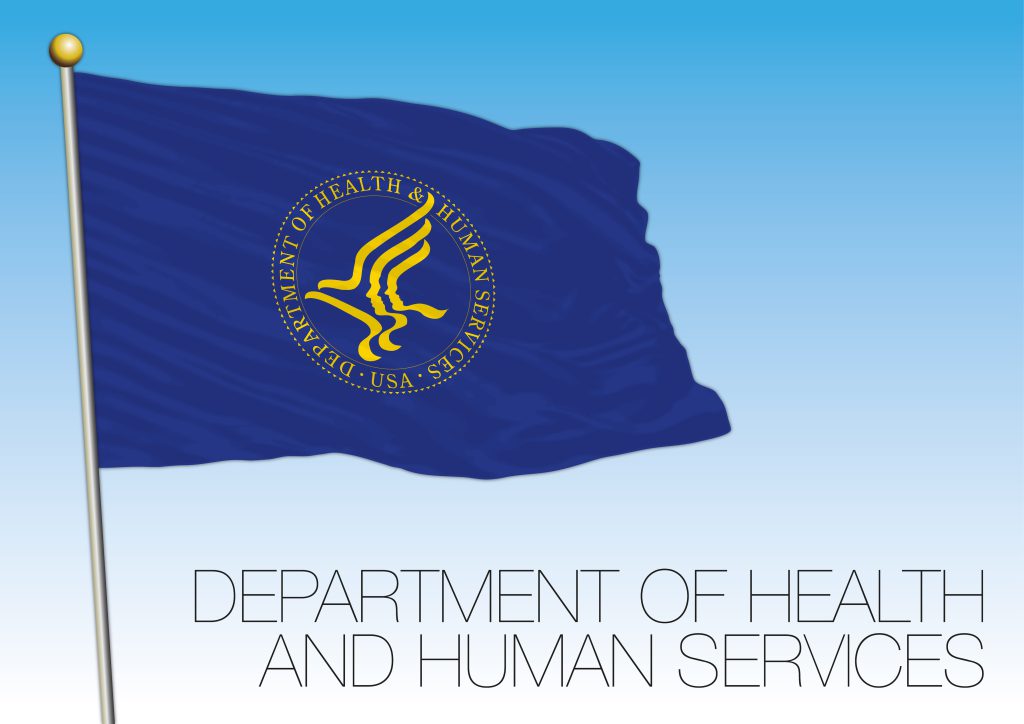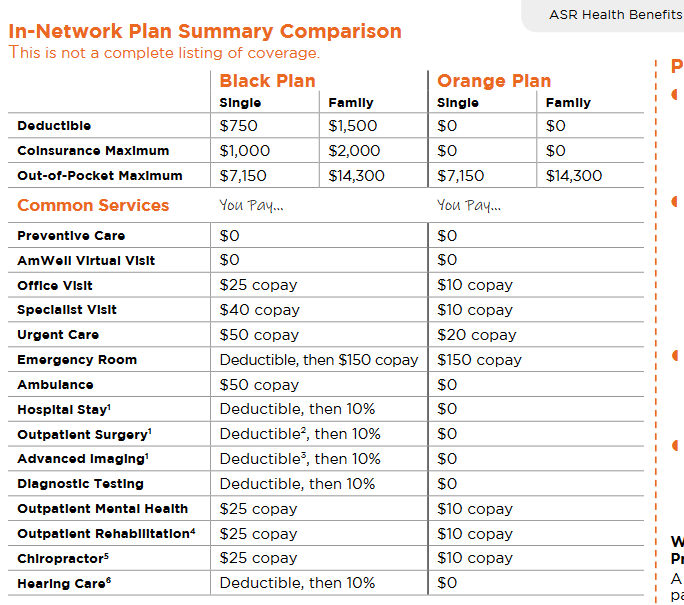
Returning to work after an extended break—whether for winter holidays, term transitions, or planned time away—can feel both refreshing and disorienting. While time off supports rest and recovery, re-entry often brings emotional, cognitive, and social adjustments. Focusing intentionally on re-connection after the break helps employees regain a sense of belonging, re-establish routines, and transition back into work with greater ease and wellbeing.
Develop A Sense of Belonging
A sense of belonging is a foundational component of workplace wellness. Research shows that employees who feel connected and valued are more engaged, resilient, and productive. According to the American Psychological Association, social connection and psychological safety are key contributors to our mental health, particularly during periods of transition. After time away, even familiar environments can feel momentarily unfamiliar, making deliberate efforts toward inclusion and re-connection especially important.
Use Intentional Check-ins
One simple but powerful strategy is the use of intentional check-ins. Brief team or one-on-one check-ins provide space for you to share how you are doing, clarify priorities, and re-anchor in shared goals. These conversations need not be lengthy or overly personal; even a few minutes of genuine acknowledgment can help individuals feel seen and supported. Regular check-ins have been linked to improved morale and trust, especially when leaders model openness and empathy (Gallup, 2023).

Re-establish A Routine
Easing back into routines is another critical aspect of post-break wellness. Productivity often dips temporarily after time off, which is both normal and expected. Rather than pushing for immediate peak performance, wellness-centered workplaces encourage gradual re-engagement. Re-establishing daily rhythms—such as consistent start times, prioritized task lists, and scheduled breaks—supports cognitive focus and reduces stress. The National Institute for Occupational Safety and Health emphasizes that predictable routines and manageable workloads play an important role in reducing burnout and supporting sustained performance.
Restore Social Ties
Re-connection also includes restoring social ties. Informal interactions—such as greeting colleagues, sharing brief updates, or participating in team gatherings or staff meetings—help rebuild relational continuity after time away. These moments reinforce the idea that we are not just workers, but members of a community. Even small gestures, like welcoming messages or team acknowledgments, can meaningfully signal belonging and appreciation.
Ultimately, re-connection after a break is not about rushing forward, but about grounding ourselves again—individually and collectively. By prioritizing belonging, engaging in meaningful check-ins, and allowing space to ease back into routines, we can support both well-being and effectiveness. A thoughtful re-entry sets the tone for the months ahead and fosters a workplace culture that values humanity as much as productivity.
Reflection: What’s one small thing you could do today to help your future self feel more connected to our community?
References
- American Psychological Association. (2023). Workplace well-being: What it is and how to build it. https://www.apa.org
- Gallup. (2023). State of the global workplace: 2023 report. https://www.gallup.com
- National Institute for Occupational Safety and Health. (2022). Stress at work. Centers for Disease Control and Prevention. https://www.cdc.gov/niosh





